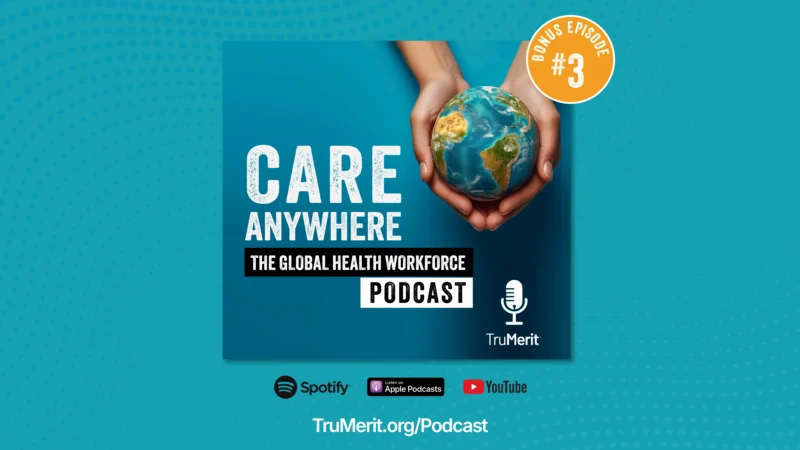Will the Medical Technology Evolution Excel Next Year?
Healthcare is constantly evolving in an effort to keep our world functioning. As a society we have come a long way since the days of archaic methods such as bloodletting and radium therapy. However, while these practices seem bizarre and frightening today, those innovations taught medical scientists much about the role of blood in the body’s functioning as well as the early potential for radiation and electricity that is used in some modern-day treatments. Without pushing the envelope in medicine, it is unlikely that we would have vaccines for polio and influenza or cures for common infections. Today, new forward-thinking innovations are at the brink of solving this generation’s problems.
Every day, more than 115 Americans succumb to opioid addictions by way of fatal overdose. Considered by some to be the worst drug-addiction epidemic in our country’s history, this problem currently costs the American public about $78.5 billion per year. After many years of trial and error, now there is hope for those suffering with chronic pain. Pharmacogenomic testing can now predict through an individual’s genetic signature how he or she will metabolize and react to certain drugs, including those with an opiate base. The goal is to tailor medication therapies based on genetic makeup. In 2019, pharmacogenomics is poised to make significant inroads into precision medicine and potentially an end to the crisis.
Similar to pharmacogenomic testing is the advent of cancer immunotherapy, in which the body’s own internal workings also can be used in a positive way. Such advancements are critical in the healthcare industry, since the National Institute of Health estimated that in 2018, approximately 1,735,350 new cases of cancer would be diagnosed in the United States and 609,640 people would die from the disease. With immunotherapy, also called biologic therapy, the immune system itself is used to fight cancer cells. With continual discoveries in cancer research, scientists are hopeful that effective therapies will soon exist for all tumor profiles.
And finally, technologies are in development that will have a broad impact on physician care in every specialty. One such innovation is the use of virtual and mixed reality to educate medical professionals on the most cutting-edge research in their areas of expertise as well as general medicine. These programs are growing in popularity and provide simulation training that cannot replace traditional education but certainly enhances it. Importantly, VR/MR training appeals to all types of learners: audio, visual, and kinesthetic. The goal is to increase knowledge and confidence across the medical industry in a manner that almost every medical professional will find attractive.
The Occupational Outlook Handbook predicts that the need for healthcare occupations will grow by 18 percent between 2016 to 2026, adding about 2.4 million new jobs. This growth is anticipated to be the largest among all professional industries and is likely a result of an aging population. With these numbers in mind, innovations in health care will become even more important over the next decade.
For the latest news, videos, and podcasts in the Healthcare Industry, be sure to subscribe to our industry publication.
Follow us on social media for the latest updates in B2B!
Twitter – @HealthMKSL
Facebook – facebook.com/marketscale
LinkedIn – linkedin.com/company/marketscale








